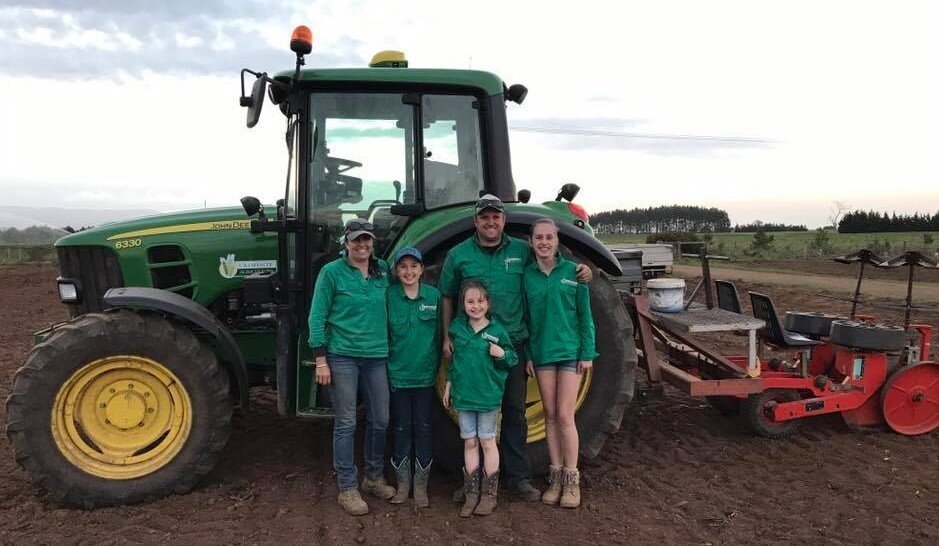Running a farm with more than two team members directly reporting to you can feel like balancing a dozen spinning plates. When accountability and ownership are lacking, the strain often falls back on the farm owner or manager. Without clear communication and a sense of shared responsibility, tasks can slip through the cracks, efficiency takes a hit, and team morale dwindles. Imagine team members waiting for instructions instead of taking initiative or misunderstandings about priorities leading to delays in critical operations like harvest or planting. Over time, these gaps in leadership can result in frustration, reduced productivity, and even higher staff turnover. The good news? A small shift in how you communicate with your team can make a big difference. By adopting a coaching mindset and asking the right questions, you can foster clarity, accountability, and ownership across your operations. Below are eight coaching conversations to help you unlock the potential within your team.
Eight (8) Coaching Conversations
1. Clarify Objectives
Start with a clear destination in mind. Unclear goals lead to missed deadlines, duplicated efforts, and confusion. Align your team by defining specific, measurable objectives.
Example: Before seeding begins, outline clear goals:
“Plant 200 hectares by mid-April.”
“Achieve a 5% increase in lambing percentages this season.”
Why It Works: Clarity provides a shared sense of purpose, motivating your team to focus on what matters most. When everyone knows what success looks like, they can align their efforts to achieve it.
2. Leverage Strengths
Play to individual talents. Every team member brings unique skills to the table. Assigning tasks based on strengths not only boosts productivity but also improves morale.
Example: If Sam excels at operating the GPS tractor and Sarah is skilled with livestock, assign roles that let them shine.
Why It Works: When team members feel valued for their abilities, they’re more confident and engaged in their work. Tasks are completed more efficiently, with fewer errors.
3. Address Challenges Openly
Remove roadblocks before they grow. When frustrations go unspoken, they can fester into bigger issues. Create a safe space for team members to share obstacles they’re facing.
Example: A broken water pump delaying irrigation or missing fencing supplies hindering repairs may be slowing your team down.
Why It Works: Acknowledging and addressing challenges shows your team you’re invested in their success. Removing obstacles allows them to focus on their work without unnecessary distractions.
4. Encourage Innovation
Invite solutions from the ground up. The best ideas often come from those closest to the work. Empower your team to suggest improvements or new approaches.
Example: During a harvest debrief, a team member might propose staggering start times to avoid weighbridge bottlenecks.
Why It Works: Involving your team in problem-solving fosters a sense of ownership and can lead to significant time and cost savings. Plus, they’ll appreciate knowing their input is valued.
5. Assess Resource Needs
Equip your team for success. Even the most capable team can’t perform at their best without the right tools, training, and support.
Example: A farmhand struggling with a spray rig might request hands-on training or suggest an equipment upgrade.
Why It Works: Investing in your team’s resources and skills boosts confidence and performance. It also signals that you’re committed to their growth and success.
6. Set Clear Expectations
Leave no room for confusion. Without defined expectations, priorities can quickly become muddled. Regular check-ins help ensure alignment.
Example: During weekly meetings, ask team members to share their top priorities, such as ordering lamb marking supplies or calibrating equipment.
Why It Works: Clear expectations reduce misunderstandings and encourage accountability. When everyone knows their responsibilities, the entire team can operate more effectively.
7. Foster Personal Growth
Invest in your team’s future. Providing opportunities for development helps your team build confidence and ensures your farm remains prepared for future challenges.
Example: If a farmhand is interested in managing livestock records, pair them with a seasoned team member to learn the ropes.
Why It Works: By supporting professional growth, you keep your team engaged and motivated while building your farm’s long-term capacity.
8. Celebrate Wins
Recognise and reward progress. Acknowledging achievements—big or small—builds morale and reinforces positive behaviors.
Example: Celebrate milestones like completing lamb marking ahead of schedule or streamlining equipment maintenance processes.
Why It Works: Celebrating successes fosters a sense of pride and encourages your team to continue striving for excellence.
Bringing It All Together
Building accountability and ownership doesn’t require more rules or micromanagement. It’s about creating a culture where team members feel heard, valued, and empowered. These coaching conversations can strengthen trust, improve communication, and enhance your farm’s overall productivity.
Start small. Integrate one or two strategies into your daily interactions—whether it’s a quick chat over coffee, a focused discussion during your weekly meeting, or a thoughtful debrief after a major task.
Take the First Step to Ideal Coaching Conversations
Your team has untapped potential waiting to be unlocked. With the ‘right coaching mindset’, you can transform how your farm operates—and create an environment where everyone thrives.
Need more guidance? Access our free resources and get personalised support here.
If you found this article helpful, share it with your network to help others unlock their farming potential. Don’t forget to like and follow us on social media for more insightful tips: Facebook, Instagram, and LinkedIn. Let’s empower more farmers together!

 Enable Ag
Enable Ag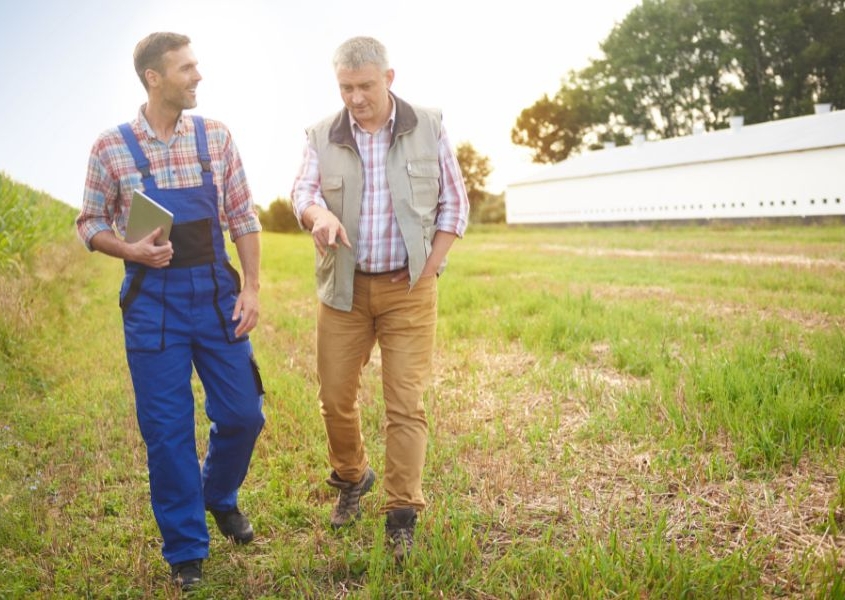


 Enable Ag
Enable Ag
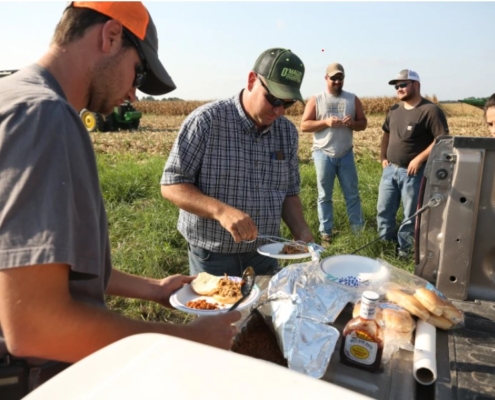

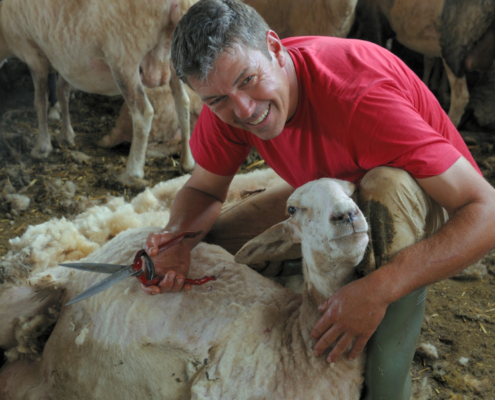

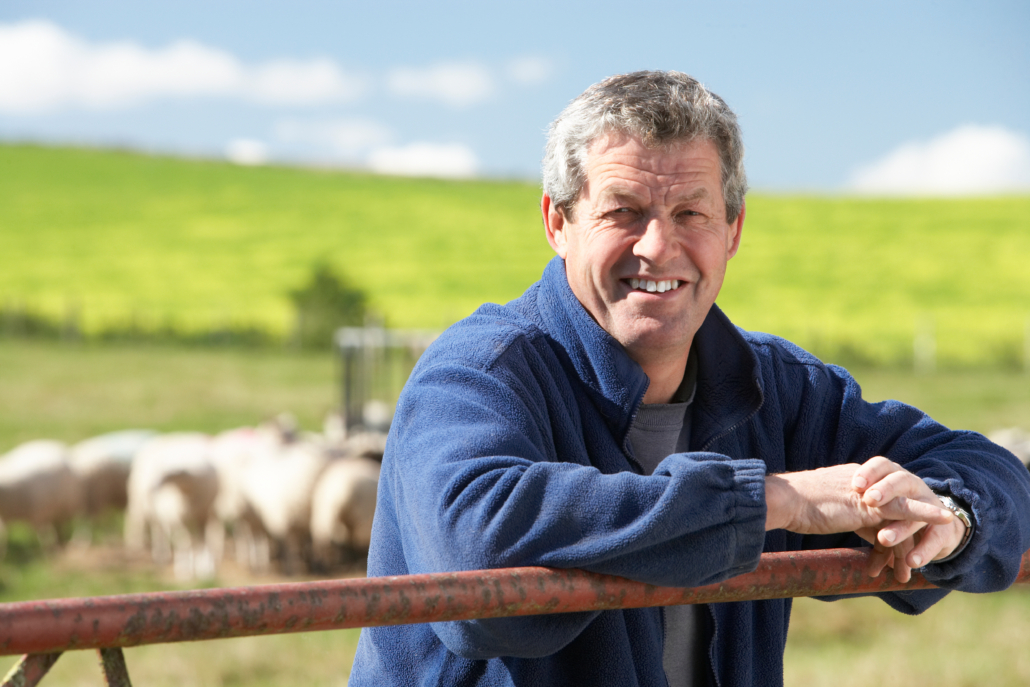 Enable Ag
Enable Ag Enable Ag
Enable Ag